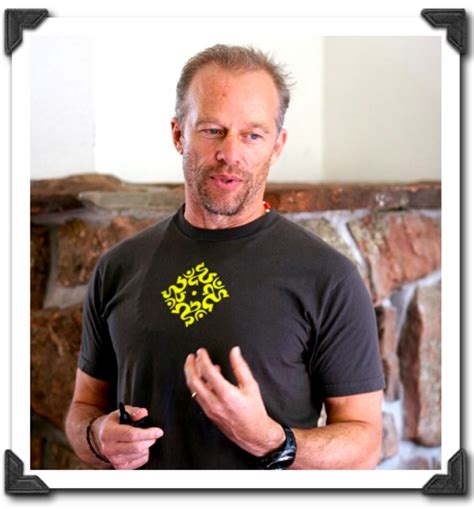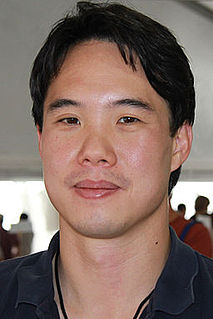A Quote by Edward Abbey
Desire, said the Buddha, is the cause of suffering. But without desire, what delight?
Related Quotes
We are all going, I thought, and it applies to turtles and turtlenecks, Alaska the girl and Alaska the place, because nothing can last, not even the earth itself. The Buddha said that suffering was caused by desire, we'd learned, and that the cessation of desire meant the cessation of suffering. When you stopped wishing things wouldn't fall apart, you'd stop suffering when they did.
The delight we take in our senses is an implicit desire to know the ultimate reason for things, the highest cause. The desire for wisdom that philosophy etymologically is is a desire for the highest or divine causes. Philosophy culminates in theology. All other knowledge contains the seeds of contemplation of the divine.
The word desire suggests that there is something we do not have. If we have everything already, then there can be no desire, for there is nothing left to want. I think that what the Buddha may have been trying to tell us is that we have it all, each of us, all the time; therefore, desire is simply unnecessary.
Spiritual seeking means knowing this negative part: that desiring is the root cause of frustration. To desire is to create, of one`s own accord, a shell. Desiring is the world. To be worldly is to desire and to go on desiring, never becoming aware that each desire comes to nothing but frustration. Once you become aware of this, then you do not desire, or your only desire is to know what is.
If desire causes suffering, it may be because we do not desire wisely, or that we are inexpert at obtaining what we desire. Instead of hiding our heads in a prayer cloth and building walls against temptation, why not get better at fulfilling desire? Salvation is for the feeble, that's what I think. I don't want salvation, I want life, all of life, the miserable as well as the superb.
And yes, there definitely are many good desires. For example, without the desire for food we would not stay alive. It is when our desire becomes an unquenchable craving or obsession, or causes us to do harm to ourselves or others, that it creates suffering and unhappiness. If you have ever been hurt because you tied your happiness or well-being to a person, place, opinion, self-identity, behavior, or goal, then you have firsthand experience of desire.

































